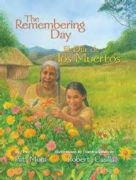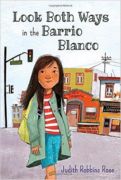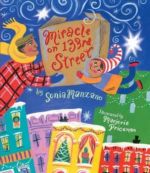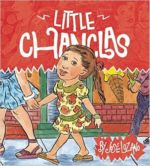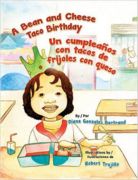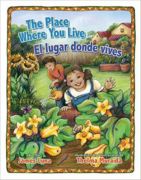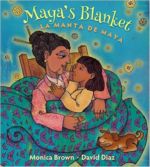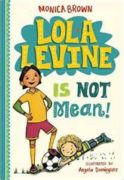
Second-grader Lola has a wonderful family, a great teacher, and the best friend ever, Josh, and they all help her feel better after she is teased and forbidden to play team sports at recess for having accidentally hurt classmate Juan during a soccer game.


